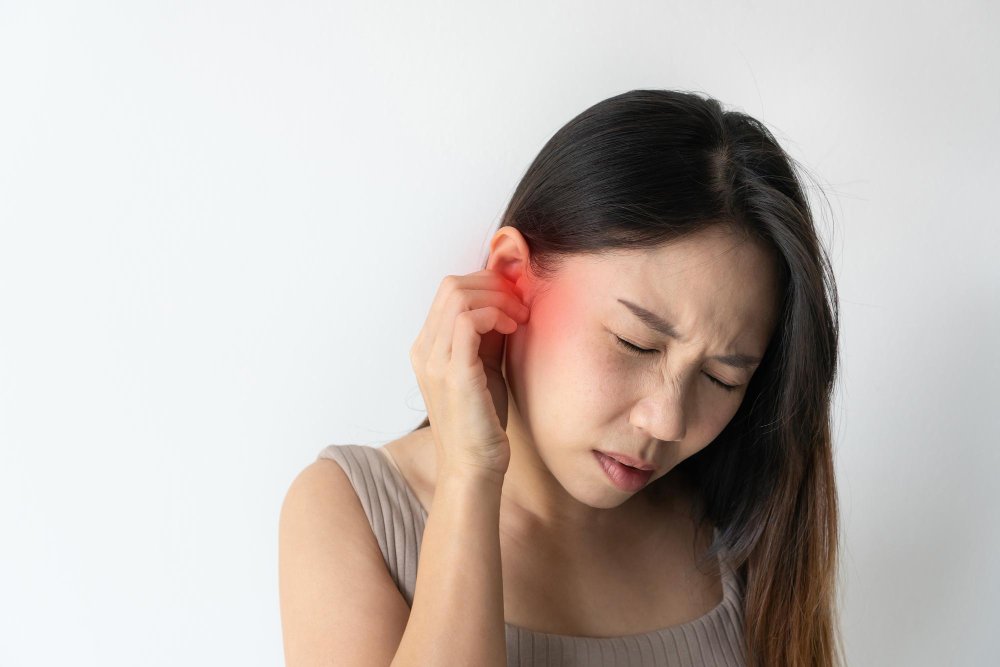Ear infections can be painful, annoying, and persistent. While medications and proper ear care are essential for recovery, what you eat can also play a crucial role in how fast you heal. Some foods can trigger inflammation, increase mucus production, or weaken your immune response, making the infection worse or last longer.
In this blog, we’ll explore the top foods to avoid during an ear infection and why they could be interfering with your recovery.
Understanding Ear Infections
An ear infection, or otitis media, is usually caused by bacteria or viruses affecting the middle ear. Common symptoms include:
- Ear pain or discomfort
- Difficulty hearing
- Fluid drainage
- Fever
- Irritability (especially in children)
While most ear infections clear up on their own or with antibiotics, certain dietary habits can either help or hinder the healing process.
Foods to Avoid During an Ear Infection
1. Dairy Products (Milk, Cheese, Ice Cream)
Why avoid:
Dairy is known to increase mucus production, which can worsen congestion and pressure in the ear, especially during an active infection. This is particularly important in children, who may already have excess fluid in the middle ear.
2. Sugary Foods and Drinks (Candy, Sweets, Soft Drinks)
Why to avoid:
Sugar suppresses the immune system and feeds harmful bacteria, potentially making the infection worse. It also causes inflammation, which can aggravate swelling and fluid retention in the ear canal.
3. Fried and Processed Foods (Chips, Fast Food, Packaged Snacks)
Why to avoid:
These are high in trans fats and sodium, which trigger inflammation and reduce your body’s ability to fight infections effectively. They also provide little to no nutritional value, slowing down your recovery.
4. Refined Carbohydrates (White Bread, Pasta, Pastries)
Why to avoid:
Like sugar, refined carbs convert quickly into glucose, weakening the immune response and fueling bacterial growth. They can also cause spikes in blood sugar, which is not ideal when your body is under stress from infection.
5. Caffeinated Beverages (Coffee, Energy Drinks, Certain Teas)
Why to avoid:
Caffeine can dehydrate the body, which thickens mucus and hampers drainage from the Eustachian tubes. Proper hydration is essential to keeping the middle ear clear and infection-free.
6. Alcohol
Why to avoid:
Alcohol compromises the immune system and contributes to dehydration. It can also interact negatively with medications like antibiotics or pain relievers, often prescribed for ear infections.
7. Allergy-Triggers (Gluten, Soy, Eggs – if allergic)
Why to avoid:
If you have food sensitivities or allergies, consuming those foods can worsen inflammation in your body, including your sinuses and Eustachian tubes, increasing the risk of prolonged ear pressure or infection.
What You Should Eat Instead
To promote healing, focus on anti-inflammatory, nutrient-rich foods that boost immunity and support ear health:
- Fresh fruits (like oranges, berries, kiwi)
- Leafy greens (spinach, kale)
- Omega-3-rich foods (salmon, flaxseeds)
- Garlic and turmeric (natural antibacterials)
- Warm fluids (soups, herbal teas)
- Plenty of water for hydration
Conclusion
While ear infections are common, especially in children, they can be managed better with smart dietary choices. Avoiding mucus-forming and inflammatory foods may reduce the duration and severity of symptoms and help your body recover more quickly.
If you or your child suffers from frequent ear infections, it’s worth evaluating your diet and consulting an ENT specialist to rule out underlying causes.




